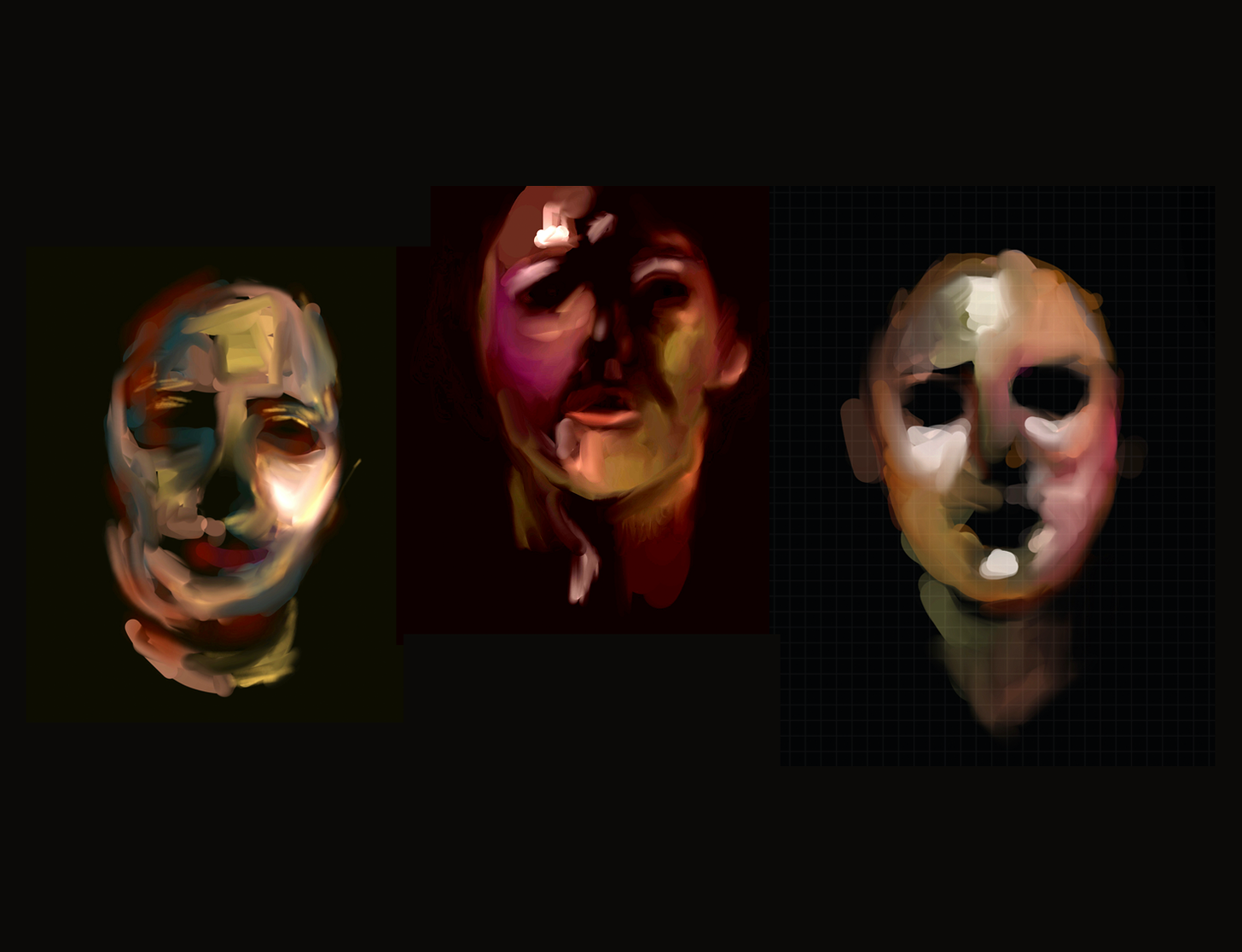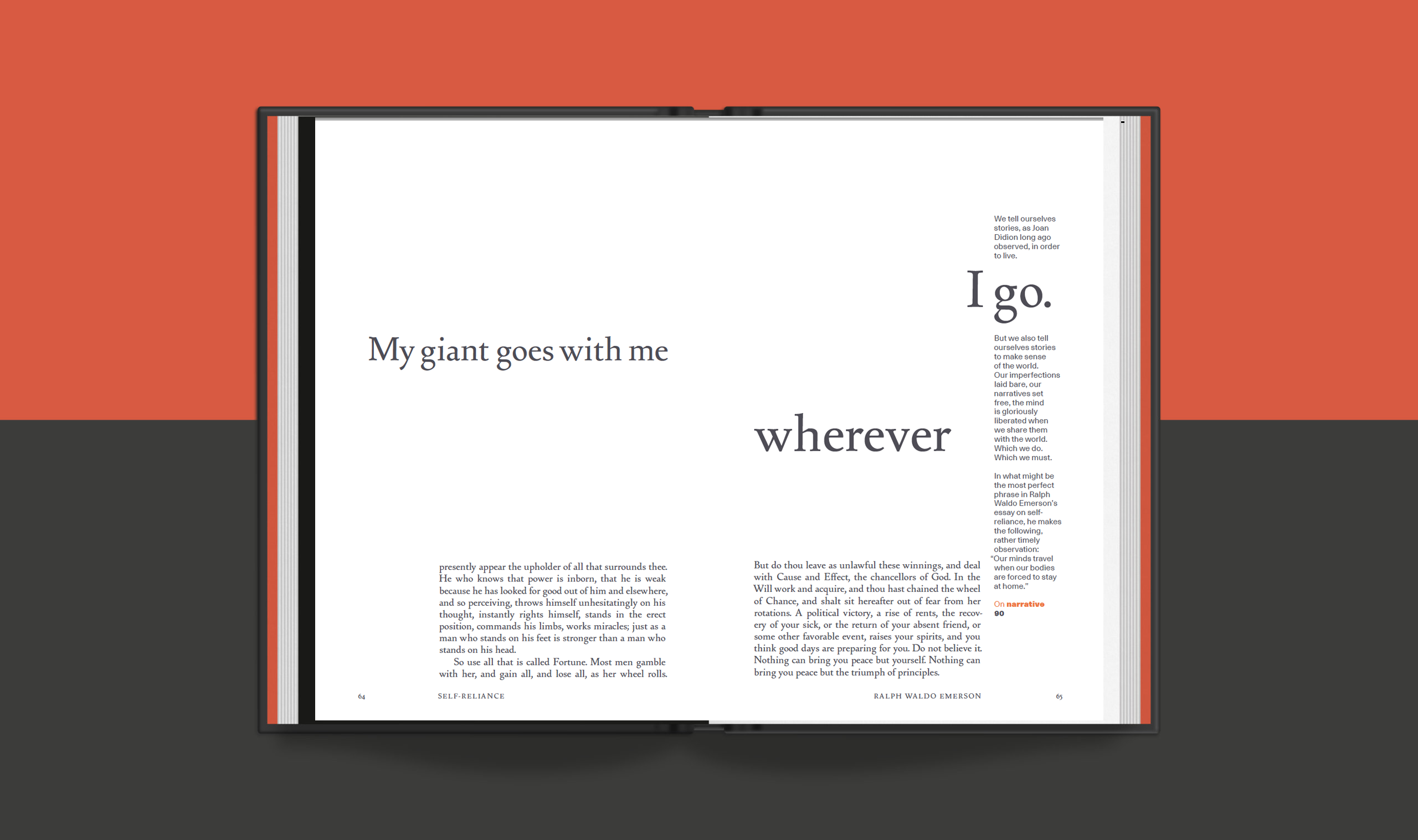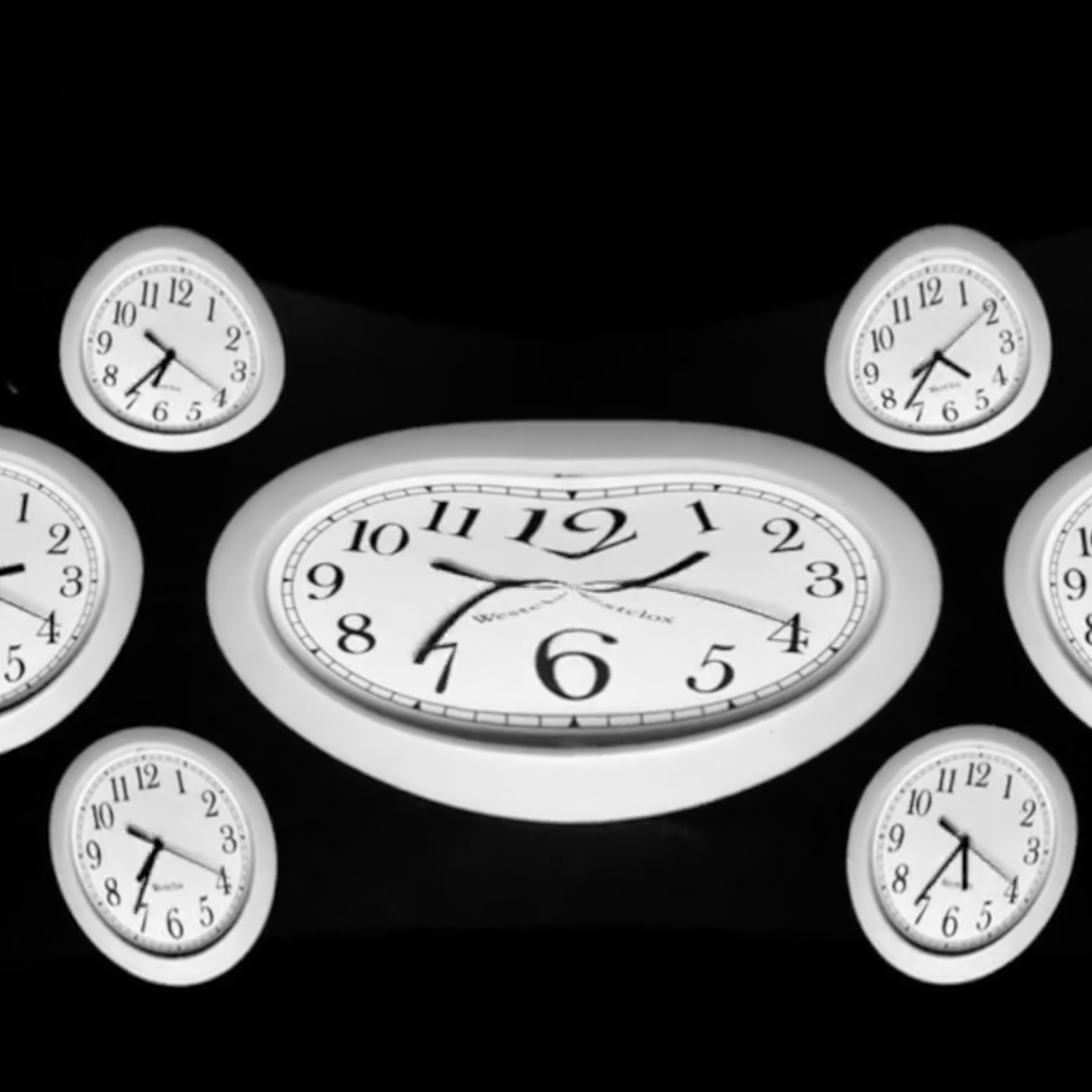
Jessica Helfand|The Self-Reliance Project
April 17, 2020
Reading

Victor Schrager. Untitled #105 (2005) from the Composition as Explanation series. (Courtesy Edwin Houk Gallery.)
Ralph Waldo Emerson possessed an insatiable curiosity about pretty much everything. He referenced verse as much as scripture, studied Greek mythology as well as modern science, and was as attentive to imaginative as to intellectual pursuits. True, Emerson was also a man of great contradiction, privileging the experiential over the established idea, and trusting intuition over knowledge, but he was unequivocally devoted to the things he cared about, including his friends, his fruit orchard—and his books.
Where reading was concerned, Emerson was all in. Books, he believed, awakened us to our own interiority, arousing us, as he put it, to a life in ourselves. He viewed the library as a living, breathing resource, to be visited generously and used liberally, but he had his limits, and he had his rules—maintaining, for example, that one should make every effort to resist the ponderous lure of the text. Reading long at one time in any book, no matter how it fascinates, destroys thought, Emerson warned. Stop, if you find yourself becoming absorbed, at even the first paragraph.
The point? To not lose sight of your own impressions, or let go of your own self.
It is a familiar, if unfortunate aspect of visual culture that artists and designers sometimes view reading as an impediment to making work, as though we can’t possibly be creatively productive if our minds are preoccupied with words. But if we can think through making (and we do that so well) why can’t we read as we make things? Might we learn to appreciate the departure from the business at hand—from the busyness at hand—to trace what Paul Auster once called the beautiful stillness of reading?
But there’s something else worth considering here, and that’s the degree to which reading offers us an even deeper connection to creative practice, reminding us who we are as individuals, and to each other. Reading, writes Joyce Carol Oates, is the sole means by which we slip, involuntarily, often helplessly, into another’s skin, another’s voice, another’s soul.
Consider that for a moment. Doesn’t a little involuntary slippage sound delicious right now?
For his part, Emerson, the famous contrarian, wasn’t always enamored of books: he naturally resisted didacticism and opposed dogma. A better path toward self-reliance, he believed, was to combine reading with lived experience. He referred to this as creative reading: an integrative practice, where you examine what you observe, filtering it through your own personal values and your own hard-won narrative. You read with discernment, curiosity, criticality—and love.
Sound advice, that discernment, that love of books matched with love of self.
And well worth a try.
Reading is one of life’s great indulgences, even (and especially) if you are stuck inside. And here, there’s hope, because you can visit books in hundreds of ways. Graze the collections of online libraries. Lose yourself in the glorious rabbit hole of digital archives. Do not lose sight of your own impressions, or let go of your own self. Recognizing that right now might require a bit of voluntary slippage. But won’t that be delicious, too?
Reading has no other itinerary than the one naturally embedded in your own mind. The glory of the hunt is part of the adventure—and it might just be the best part. You don’t need a curriculum or a book club, a tutor or a guide, and you don’t need permission. You just need to get creative. And along the way? To get yourself a good book.
The Self-Reliance Project is a daily essay about what it means to be a maker during a pandemic. Sign up to get it delivered to your inbox here.
Observed
View all
Observed
By Jessica Helfand
Recent Posts
Candace Parker & Michael C. Bush on Purpose, Leadership and Meeting the MomentCourtney L. McCluney, PhD|Essays
Rest as reparations: reimagining how we invest in Black women entrepreneurs Food branding without borders: chai, culture, and the politics of packaging Why scaling back on equity is more than risky — it’s economically irresponsible
 Jessica Helfand, a founding editor of Design Observer, is an award-winning graphic designer and writer and a former contributing editor and columnist for Print, Communications Arts and Eye magazines. A member of the Alliance Graphique Internationale and a recent laureate of the Art Director’s Hall of Fame, Helfand received her B.A. and her M.F.A. from Yale University where she has taught since 1994.
Jessica Helfand, a founding editor of Design Observer, is an award-winning graphic designer and writer and a former contributing editor and columnist for Print, Communications Arts and Eye magazines. A member of the Alliance Graphique Internationale and a recent laureate of the Art Director’s Hall of Fame, Helfand received her B.A. and her M.F.A. from Yale University where she has taught since 1994.



